Paralympian Jeff Butler is Headed to Rio
At least one Longhorn will represent Team USA at the Paralympics in Rio de Janeiro, Brazil, this September. Wheelchair rugby athlete Jeff Butler, BBA ’14, Life Member, will compete on the same court occupied by basketball Olympian Kevin Durant, ’07, two weeks earlier. He spoke with the Alcalde about wheelchair rugby, why you shouldn’t call him an inspiration, and shifting perceptions of Paralympic sports.
How long have you been playing wheelchair rugby?
I started when I was 15, and I’m 26, so about 11 years. The reason I moved down to Texas, actually, and attended UT was to play for the club team in Austin. The head coach there, James Gumbert, is also the head coach of Team USA. I came with the intent of, if you want to be the best, you have to learn from the best, and it catapulted my career.
It sounds like you were ambitious pretty early on.
This has been a goal of mine for almost the last 10 years. I tried out four or five times before making the team. It’s all kind of a whirlwind, and I can’t believe it’s finally happening.
What does it take to be a great wheelchair rugby player?
You have to be physically fit and in shape, just like any other sport. It’s also important to have a mind for the game. It’s kind of like a chess match, with all the strategy involved.
You also have to be a little bit brave and a little bit stupid, because it’s a full-contact sport in wheelchairs. I love the physicality of the game. It’s the only full-contact Paralympic sport, and I love that it is so contrary to what people think of when they think of people with disabilities. There’s nothing like wheelchairs crashing into each other at full speed.
What do you do when you’re not playing?
I have a full-time job, which is a downer. I wish I didn’t have to have one, but that’s how the world works. You can’t be a professional wheelchair rugby player. I work at a software development company full-time when I’m not playing, so I have a pretty full docket. I go to work, come home, train, eat, sleep, repeat. And we have camps about once a month for Team USA, so I travel a lot for those.
What’s the most common misconception about wheelchair rugby?
Probably the biggest one is that people think it’s similar to able-bodied rugby. We borrowed the name rugby because of the physicality of the sport and the craziness people associate with rugby, but other than that we don’t share much with rugby. I describe it as a mix of basketball, football, and hockey, but played with a volleyball, and with full contact.
As a disabled athlete, what are you tired of hearing?
I don’t want to be inspiration porn. We’ll be flying back from a tournament, and the pilot will talk to us afterward and be like, ‘You guys are so inspirational getting out there!’ Just because I’m a guy in a wheelchair who left my house today doesn’t make me inspirational.
Also, when I’m interviewed for something, nine times out of 10 it shows up in the lifestyle section rather than the sports section.
Do you think perceptions are changing?
The enhanced coverage of the Paralympics this year is going to help. For the first time, NBC is going to air 60 hours of Paralympic coverage. There were only two hours from London [at the 2012 Paralympics].
Team USA had a tournament last year in London that was aired live on British TV. A guy came up to us in the airport and said, ‘How’d the final go? Did you beat Canada?’ And we were like, wow, this is an actual fan! We were miniature celebrities in London. Then it was time to go back home, where everyone thinks we’re in the Special Olympics. So there is a lot of progress still to be made.
Photo by Kelly Gumbert
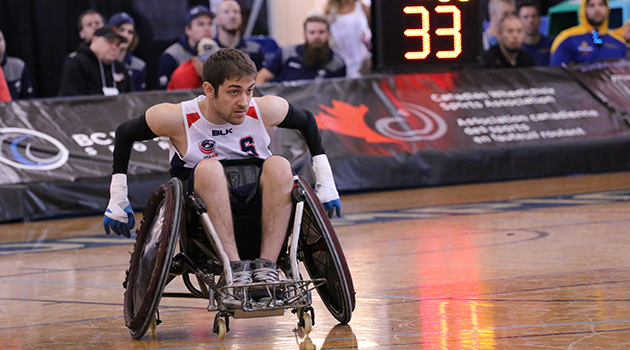




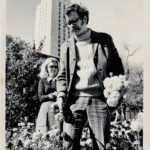
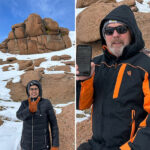




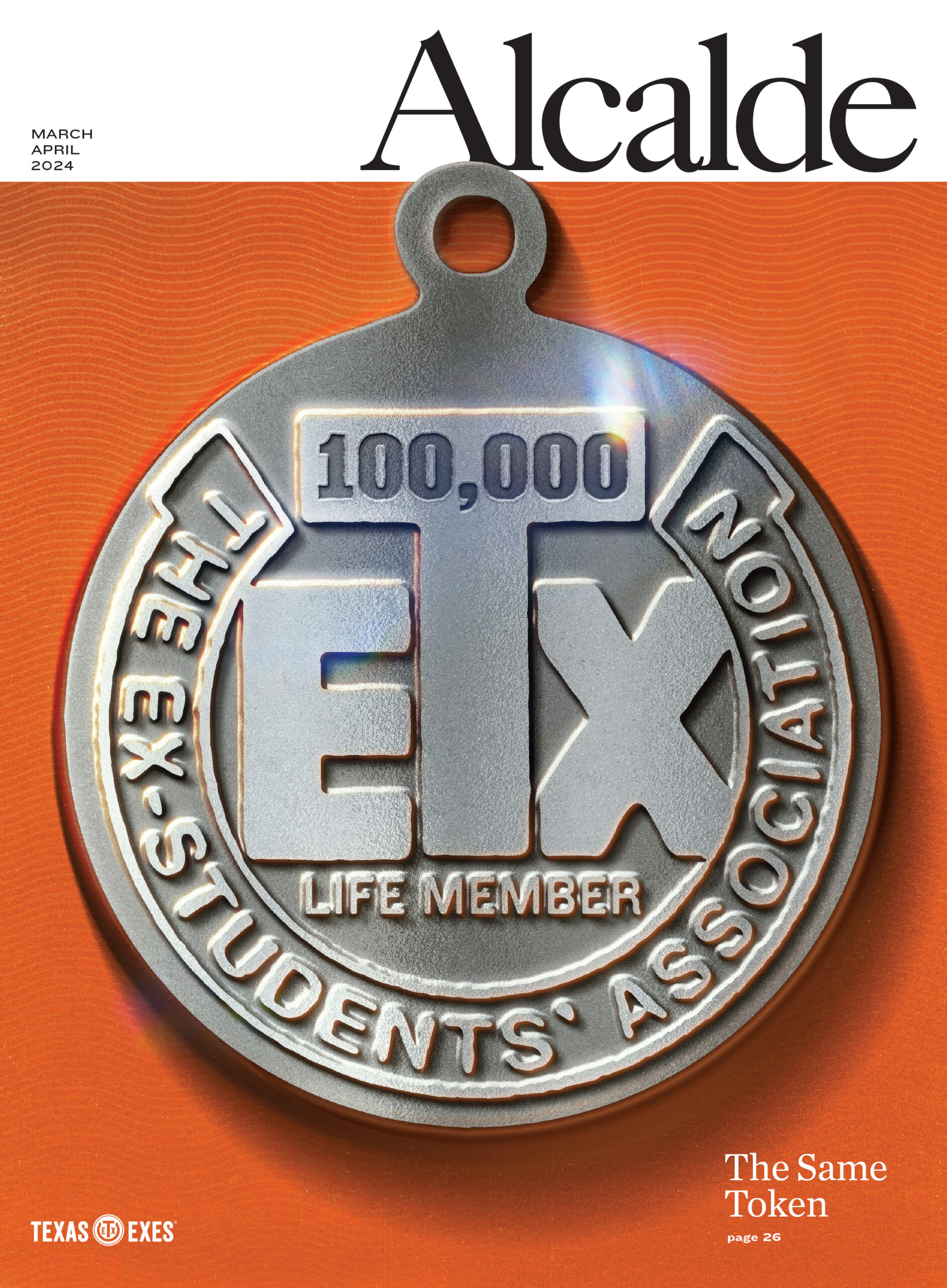

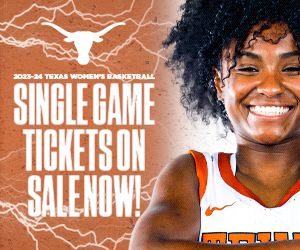




1 Comment